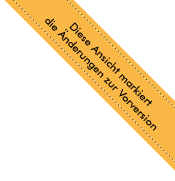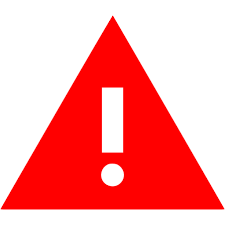Follicular Lymphoma (short version)
Compliance rules
1Summary
Follicular lymphoma is the most common indolent lymphoma. The WHO distinguishes between different grades. Follicular lymphoma grades 1-3A belong to the indolent, grade 3B to the aggressive lymphomas. Most common, clonal, genetic aberration is a balanced translocation t(14;18) with overexpression of BCL2 protein. This translocation is characteristic of follicular lymphoma but is not specific.
The clinical picture is characterized by a slowly progressive lymphadenopathy. It may persist for a long time without further clinical symptoms. The clinical course is highly variable. Survival times range from a few years to over two decades. Approximately 20% of patients have a more aggressive course with progression within 24 months of diagnosis. The vast majority of patients with follicular lymphoma are diagnosed at an advanced stage of disease. The Follicular Lymphoma International Prognostic Index (FLIPI) allows the differentiation of three groups with different prognosis.
Therapy is stage-dependent. In stage I (and localized stage II), irradiation of the affected lymph node regions has a curative claim. Drug therapy is initiated in the advanced stages when clinical symptoms are present. Remission rates of ≥80% are achieved with the combination of chemotherapy and an anti-CD20 antibody.
2Therapy
1 RF - risk factors (LK ≥ 5-7 cm)
2 AZ - general condition;
3 watch & wait - wait-and-see behavior under regular observation;
4 Induction chemotherapy: see induction chemotherapies stage III/IV
5 cave: increased risk of opportunistic infections;
6 CVP - cyclophosphamide / vincristine / prednisone;
7 Rituximab monotherapy is a therapeutic alternative for patients who have a low tumor burden or who cannot tolerate immunochemotherapy.
8 CR - complete remission, PR - partial remission;
9 BSC - Best Supportive Care
3[Kapitel nicht relevant]
4[Kapitel nicht relevant]
5[Kapitel nicht relevant]
6[Kapitel nicht relevant]
7[Kapitel nicht relevant]
8[Kapitel nicht relevant]
9[Kapitel nicht relevant]
10Active studies
11Systemic Therapy – Protocols
12Study results
13Certification Status
14Links
16Disclosures
Conflicts of interest can be found in the full German version of the guideline.
Download
Reference:
Quellenangabe:
Onkopedia-Leitlinien werden kontinuierlich an den Stand des Wissens angepasst. Die jeweils gültige Version, AGB und Nutzungsbedingungen finden Sie unter www.onkopedia.com.
Für die kommerzielle Nutzung wenden Sie sich bitte an onkopedia@dgho.de.
Onkopedia guidelines are continuously adapted to the state of knowledge. The currently valid version, terms of use and general terms and conditions can be found at onkopedia-guidelines.info.
For commercial use, please contact onkopedia@dgho.de.



